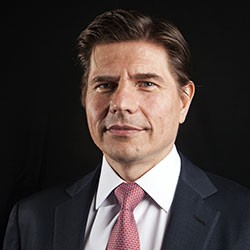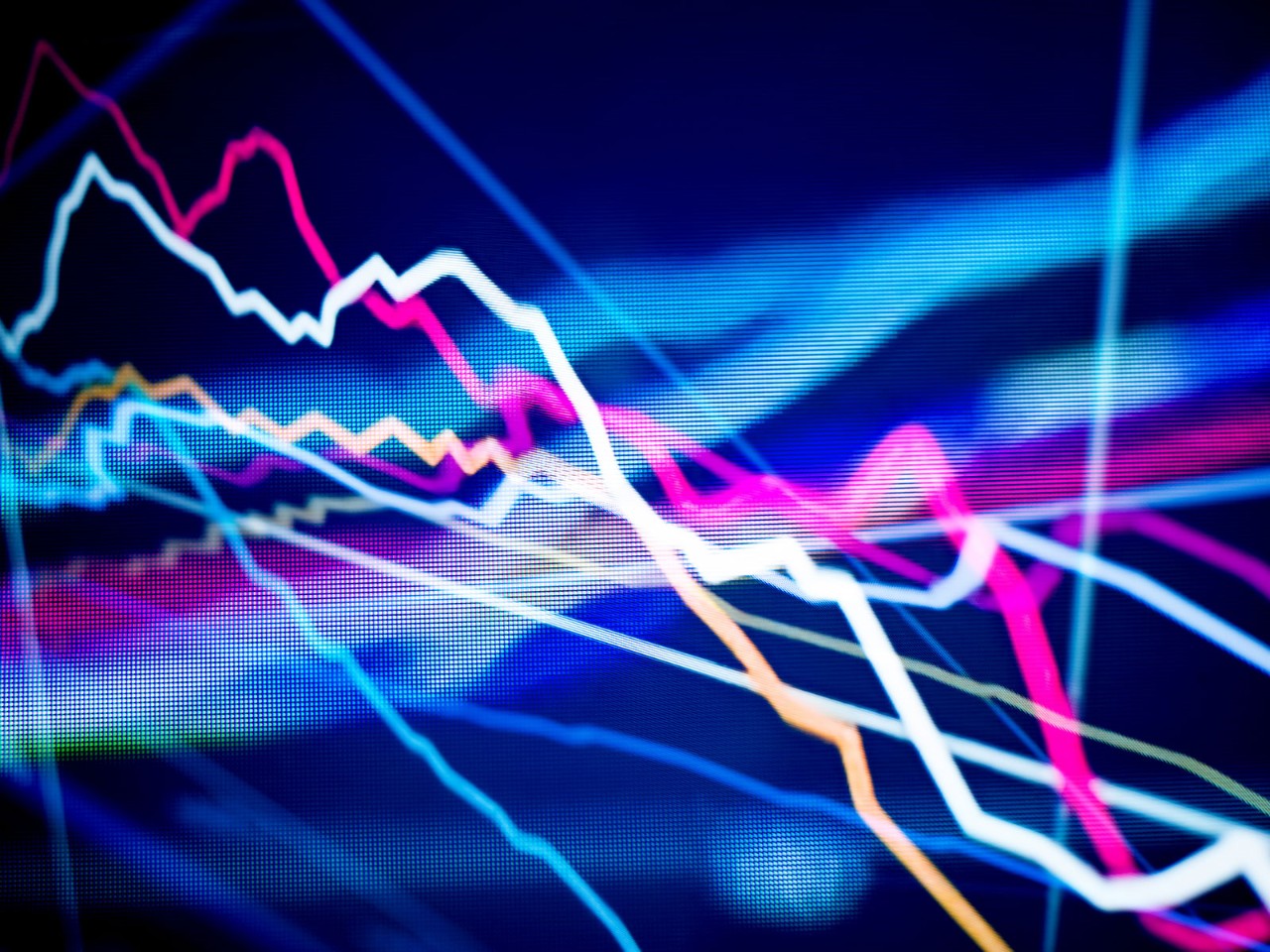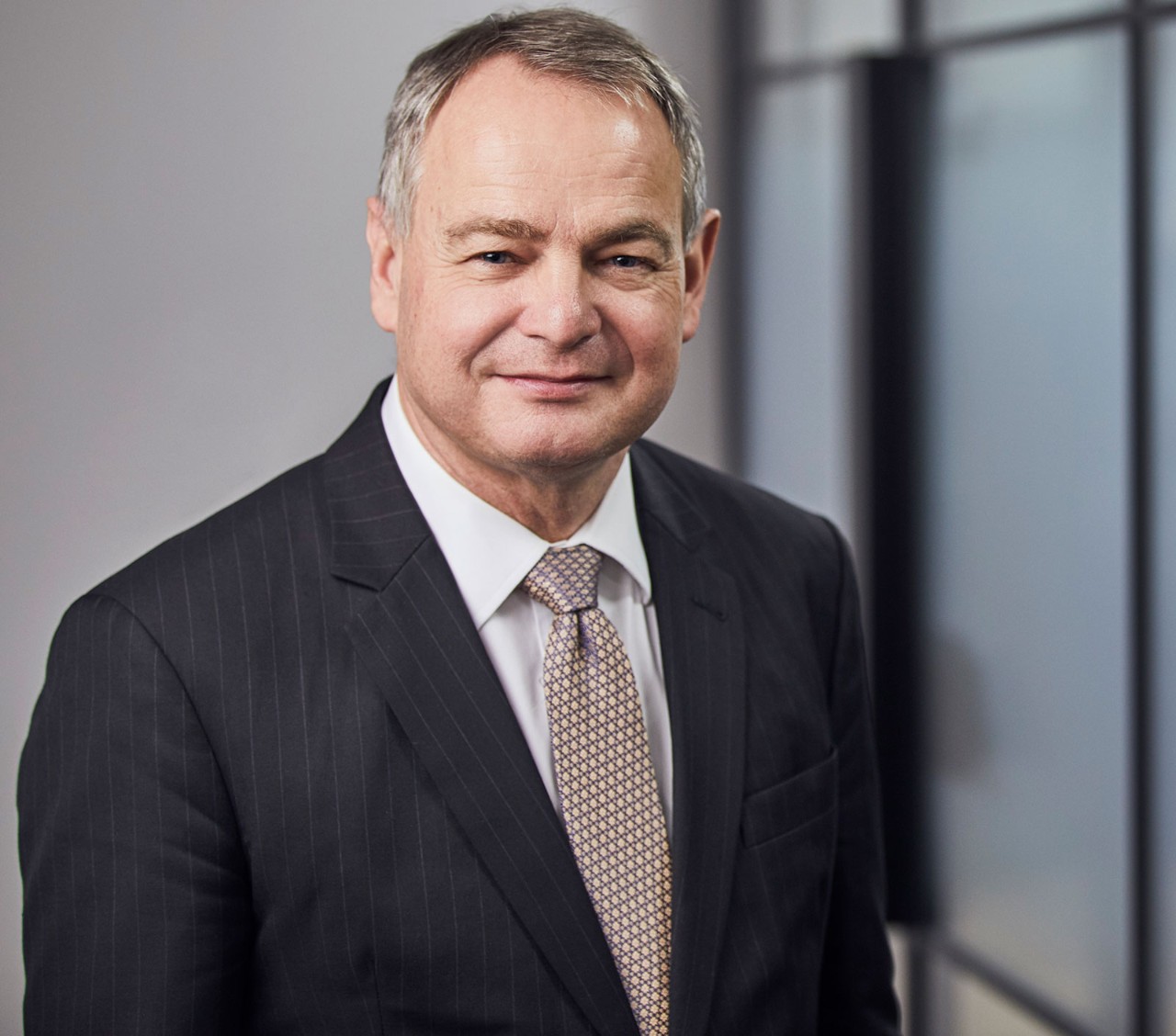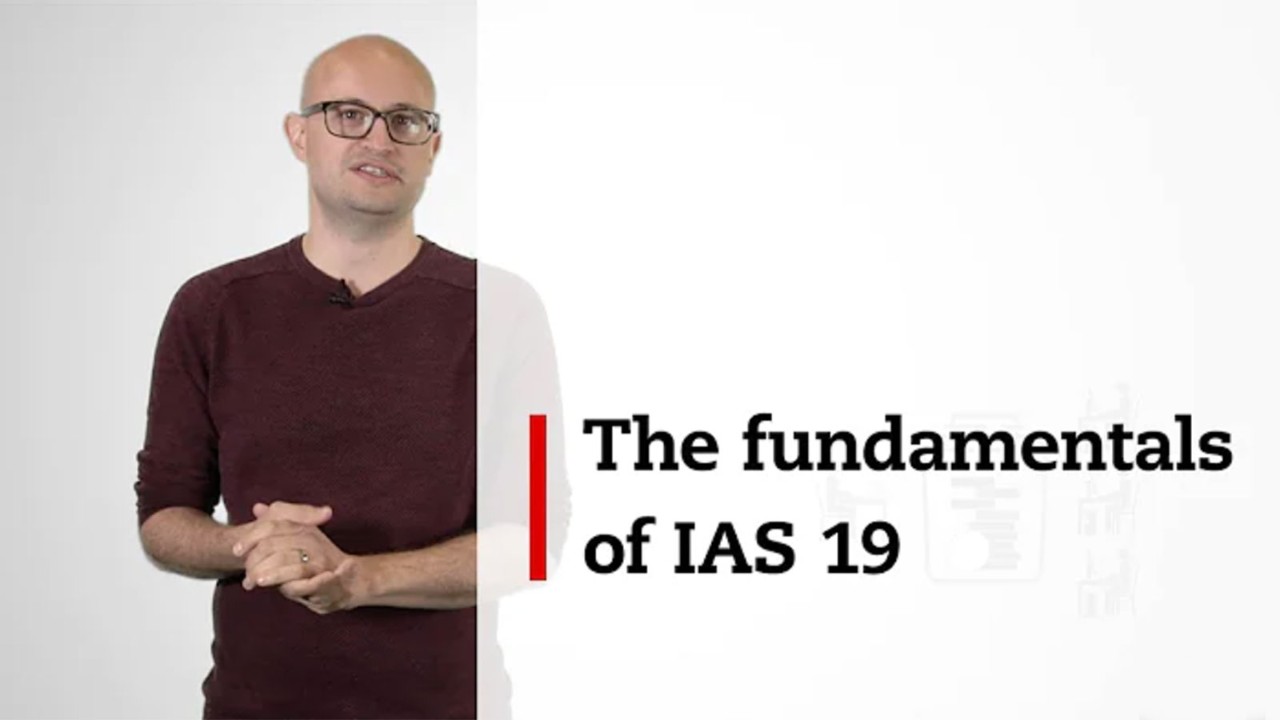
With new leadership, Hong Kong Exchanges and Clearing (HKEX) wants to expand its ability to compete with exchanges in New York and London, and increase its international relevance.
Since taking over in May, Argentine investment banker Nicolas Aguzin has wasted no time espousing this goal.
An important part of how this will be accomplished is building on the momentum created in 2018 when HKEX introduced Chapter 18A to its listing rules that allowed pre-revenue biotech companies to list, a change that has led to a spate of healthcare initial public offerings (IPOs).
‘Things that involve data, such as its potential sale, could be important for the future’

The exchange also plans to continuously review its listing rules, implement tighter environmental, social and governance (ESG) requirements and strengthen its unique connectivity between China and the world.
Top spot
The introduction of the Chapter 18A rules played an important part in achieving former CEO Charles Li’s vision of developing Hong Kong as the largest biotech IPO venue globally.
More rule changes allowing special purpose acquisition companies (SPACs) to list in Hong Kong are likely to be up next, with HKEX scheduled to start consultations in the third quarter of 2021.
With Hong Kong currently the second largest biotech listing hub globally after NASDAQ, increasing efficiency while reducing costs are among the first steps towards claiming the number-one position.
‘We also need to consider liquidity risk, and liquidity in general is very important. I also need to focus on speed, and work with a lot of stakeholders to ensure that we all agree that this is important,’ said Aguzin during a seminar at the Asia Society Hong Kong Center in July, adding that he needed to ensure that Hong Kong has sufficient infrastructure to enable new players to trade efficiently.
‘We are now coming out of Covid-19 and my first question was how can we leverage everything that we have learned so far’
Work to do
The agenda set by HKEX’s new CEO Nicolas Aguzin has been well-received by investors.
‘I believe this agenda will strengthen HKEX’s market position, particularly as mainland China has recently updated its policy on domestic IT platform companies, some of which are pre-profit companies, listing overseas,’ says Paul She, practising director at Mazars Group audit and assurance department.
‘When special-purpose acquisition company listings are introduced, HKEX will need to reconsider its current policy position on listed “shell”companies.’
She adds that Aguzin also needs to place the positioning of the GEM board on his to-do list. During a seminar at the Asia Society Hong Kong Center in July, Aguzin noted that new applications to list on the GEM board had fell substantially.
GBA ready
The proximity to mainland China makes plugging into the Greater Bay Area (GBA), which connects nine cities in mainland China with Macau SAR and Hong Kong SAR, increasingly important. Programmes such as the Stock Connect, Bond Connect and the upcoming Wealth Management Connect schemes already facilitate capital flows between mainland China and the world, and give Hong Kong a unique advantage.
‘With around 70 million people and close to US$2 trillion of GDP, or around the size of France and Germany, the GBA is quite a significant centre,’ Aguzin said. ‘So when you are talking about Hong Kong’s population, which is roughly 7.6 million in 2021, increasing to 70 to 80 million through the GBA, it just changes the equation.’
‘Financial Big Bang’
HKEX is also looking to tap the rapidly expanding capital market in mainland China. Worth around US$25 trillion currently, Aguzin predicts that it could grow to top US$100 trillion in 10 years.
‘This is the biggest value creation or movement of money that humanity will have ever seen, and it will not be repeated,’ Aguzin said. ‘International investors are starting to go into China and this gigantic domestic savings platform from China is starting to move outside. So even if you factor in the current slow pace of opening up post Covid-19, this financial Big Bang is going to be massive and we aim to be in the middle of it.’
South-East Asia is another region of interest to HKEX, with some companies from the region already expressing interest in listing in Hong Kong.
And, at the same time, Aguzin is also looking to tap into the growing trend towards ESG as focus shifts on the impact of climate change.
‘There is a gigantic possibility of creating an exchange around climate-related products,’ he said.
Data and digital assets are other growing trends on HKEX’s radar.
‘Things that involve data, such as its potential sale, could be important for the future,’ he noted. ‘Digital assets could be interesting as well. I’m not talking just bitcoin; I’m talking about all sorts of digital assets.’
Weather warning
The CEO is even paying attention to the weather. Aguzin discussed the practice of closing down trading when a black rainstorm warning, the highest in Hong Kong’s three-tiered system, is raised. This happened on the morning session on 28 June, a few days before Aguzin spoke at the seminar.
‘It was my first storm experience at HKEX and when I was told we cannot open,’ he recalled, ‘I was like, what is happening?’
The challenge for Aguzin will be to find a way to keep markets open while also keeping employees safe during inclement weather.
‘We are now coming out of Covid-19, during which many people got used to working from home, and my first question was how can we leverage everything that we have learned so far,’ he said.
‘I certainly do not want to put anyone at risk by forcing them to go to the office during a black rainstorm or typhoon. But there must be a way we can ensure that when people trade, the market is open.’
Aguzin also remains optimistic about Hong Kong’s prospects, adding, ‘I think the best years of Hong Kong are ahead of us.’




